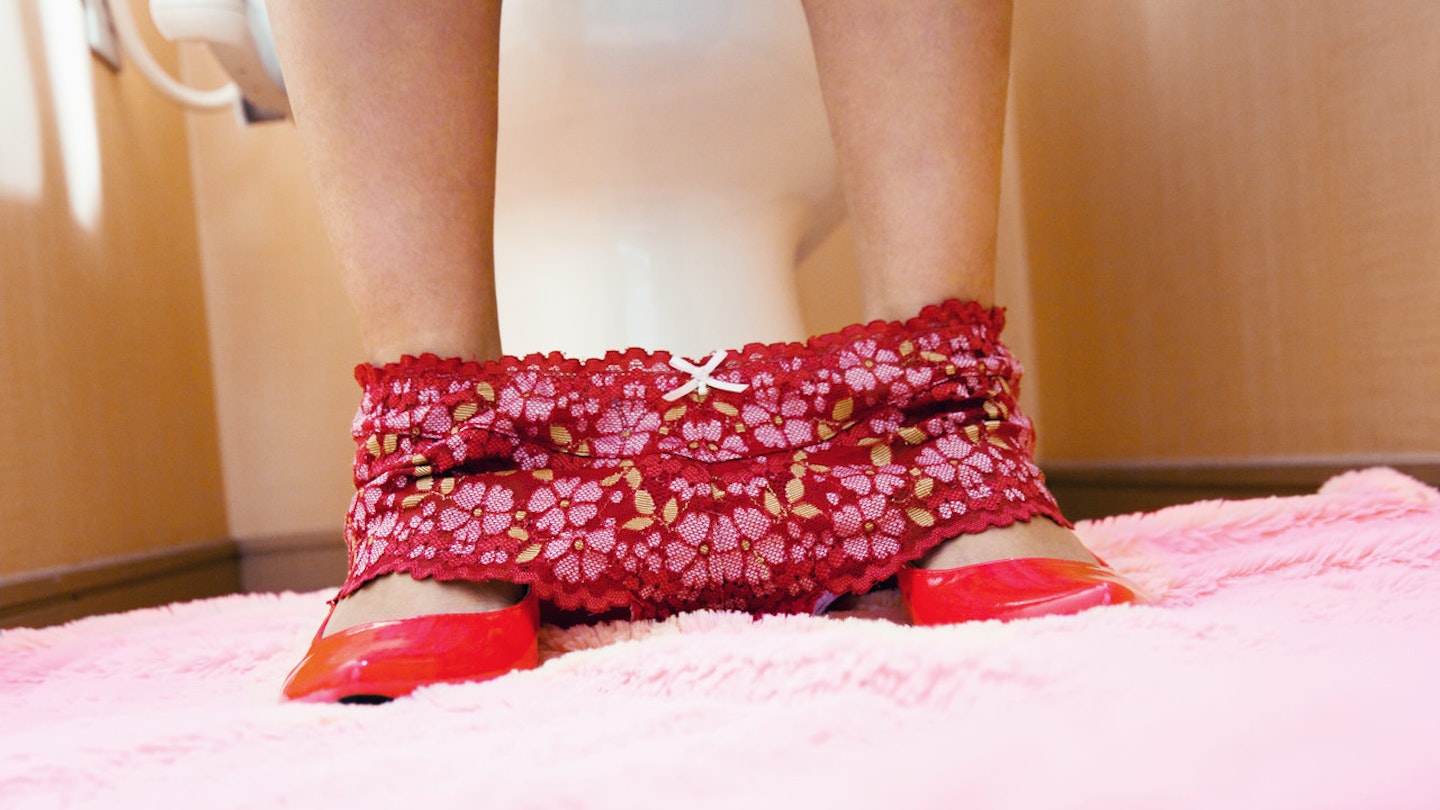Feeling uncomfortable each time you go to the toilet? It could be a sign of a urinary tract infection (UTI), a common problem during pregnancy and as a new mum
What is it?
Cystitis literally means inflammation of the bladder, although it’s more specifically an infection caused by bacteria in your lower urinary tract. ‘This is the urethra – the short tube that runs between your bladder and the hole that you pee out of,’ says GP Dr Naomi Potter.
Women tend to get UTIs more often than men because their urethra is shorter, so bacteria travel up to the bladder much easier. And the opening is located very close to the anus (bottom), which makes it easy for bacteria from the anus to reach the opening of the urethra and cause an infection.
‘Pregnant women pick up UTIs more frequently because hormones change the balance of bacteria in your body, which when combined with a slightly more compromised immune system during pregnancy, makes you more prone to picking up infections,’ says Naomi.
Plus, pregnancy hormones relax the muscles surrounding the tubes connecting your kidneys and bladder, slowing down the flow of liquid between the two, allowing bacteria to grow before it’s flushed out.
What are the symptoms?
Signs that you’ve developed cystitis include feeling like you need to wee (but not managing to do so), a burning or stinging sensation when you do urinate and pain in the bladder area.
‘More serious urinary tract infections, which affect your kidneys, can result in pain in your lower back and groin, a high temperature or fever and uncontrollable shivering (known as a rigor),’ says Naomi.
What can you do?
‘If you’re pregnant and think you might have cystitis, it’s important that you see your GP as leaving it untreated could lead to a kidney infection,’ says Naomi. If kidney infections aren’t treated, you baby could be born prematurely, or underweight.
Your GP can prescribe antibiotics to treat the infection and the symptoms should clear up in a couple of days. Some over-the-counter remedies can ease the symptoms including sachets of powder containing sodium citrate, which reduce the acidity of your urine so it’s not as painful when you pee.
‘Some women swear by cranberry juice for helping to ease and prevent cystitis although it’s not clear how it works,’ says Naomi. ‘Simply drinking plenty of fluids can be just as useful for flushing out infections in the bladder.’
Make sure you wipe yourself from front to back when going to the toilet as that will reduce the chances of bacteria entering your urinary tract.
See your GP if…
You’re pregnant or if you’ve been taking antibiotics and they’ve had no effect. ‘Your GP may take a sample during your first consultation to check which antibiotics are best for treating the infection, so if the results come back saying that another antibiotic would be more effective for treating it, he may move you onto those,’ says Naomi.
